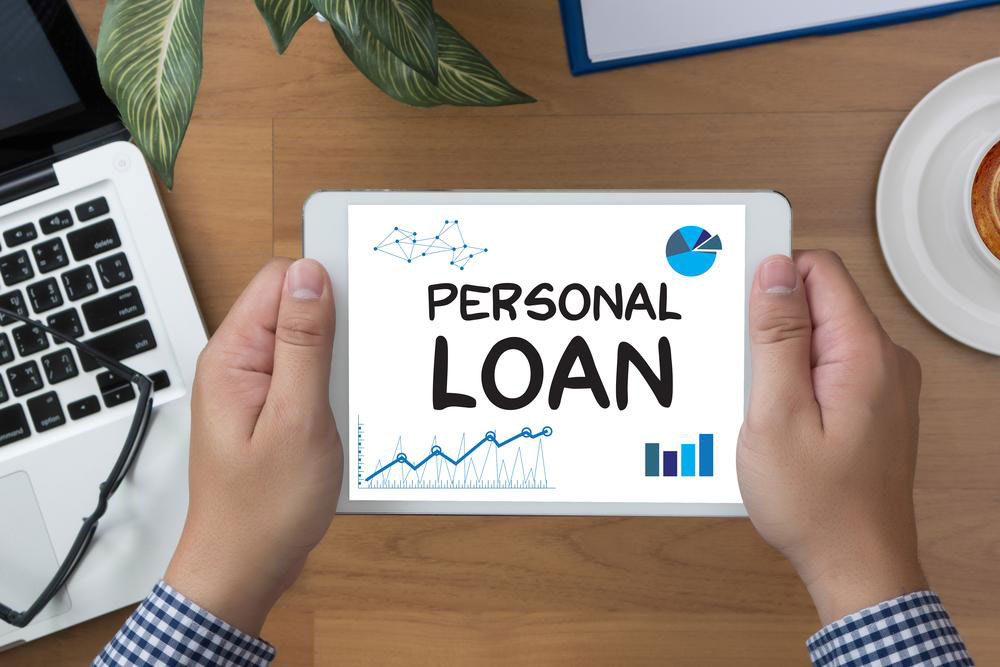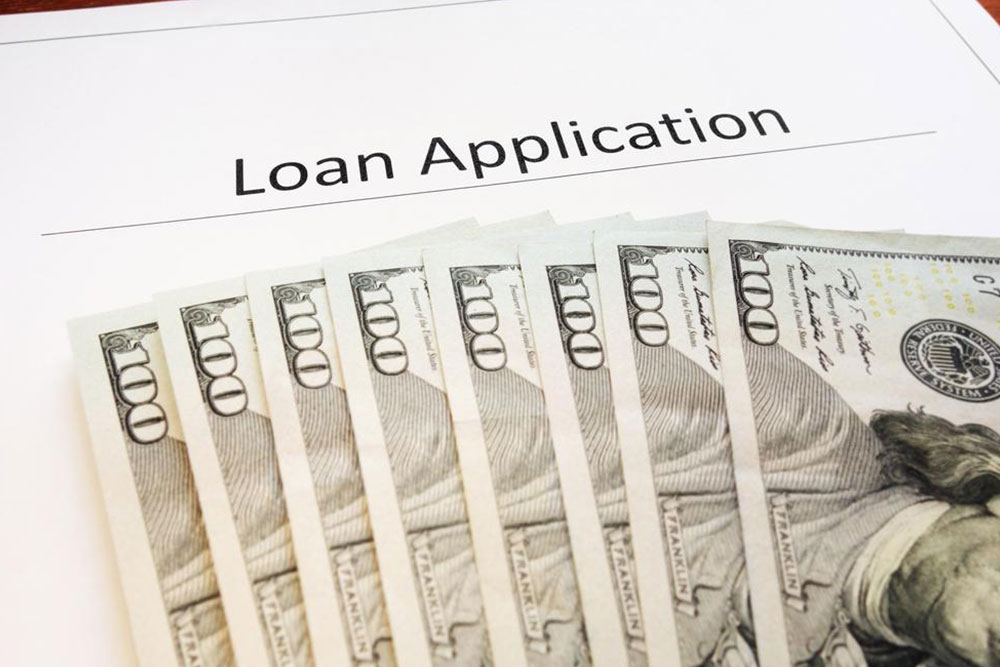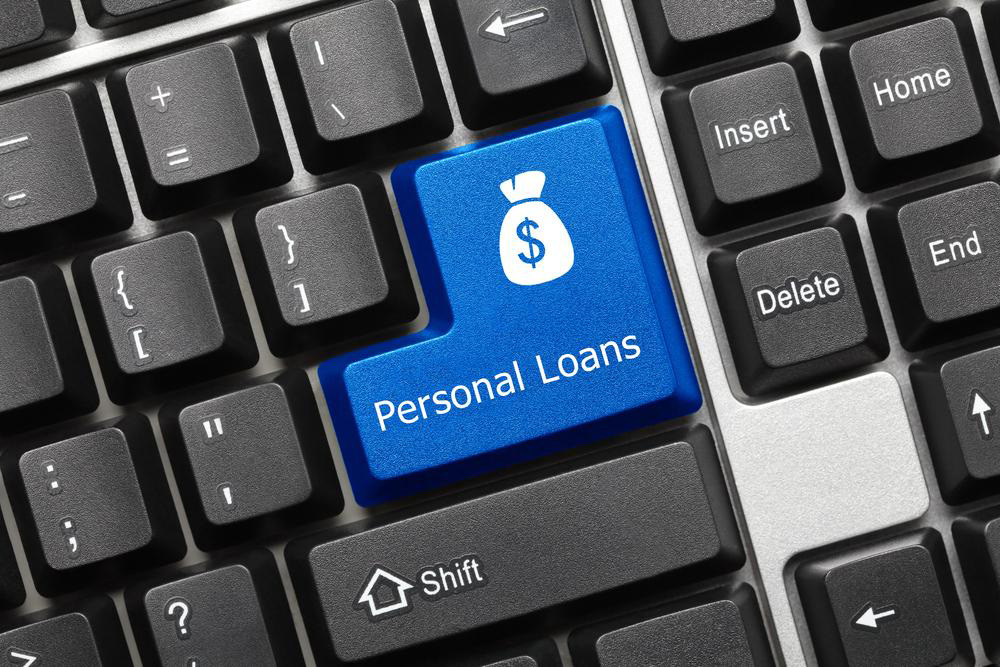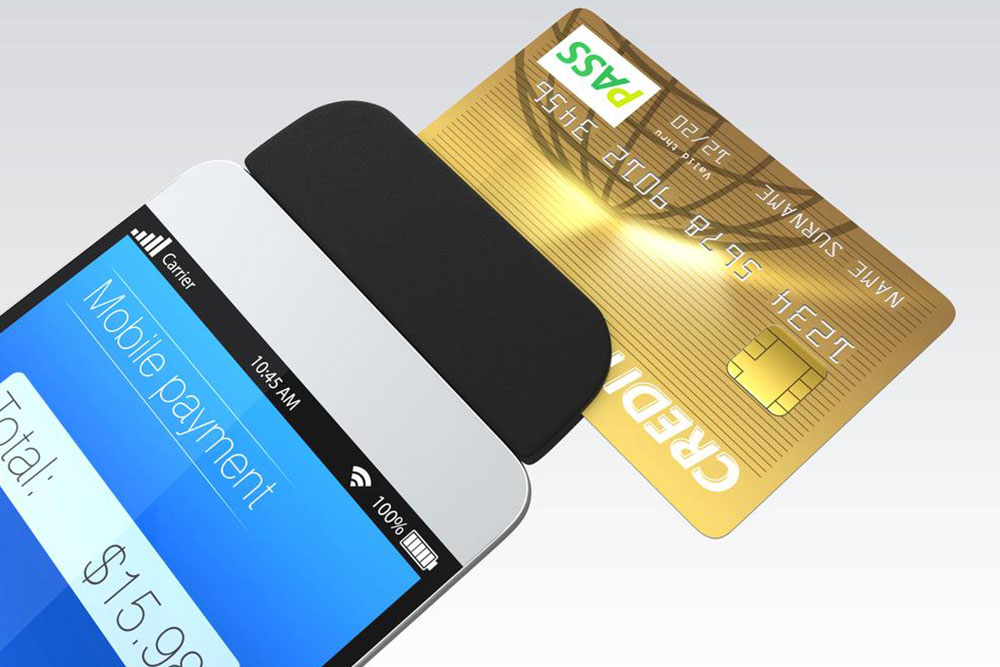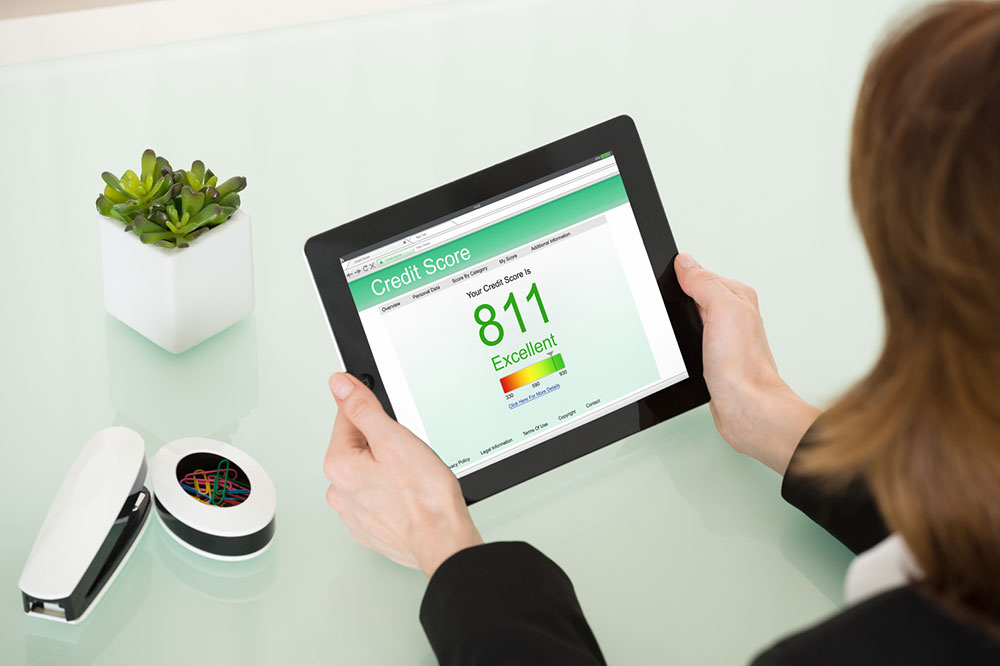Comprehensive Guide to Personal Loans: What You Need to Know
This comprehensive guide covers everything about personal loans, including their types, usage scenarios, application process, and critical questions to ask lenders. Learn how these unsecured loans can help consolidate debt, finance events, or improve credit scores, while understanding costs, eligibility, and documentation requirements. Make informed decisions and optimize your borrowing experience with expert insights on personal loan essentials.
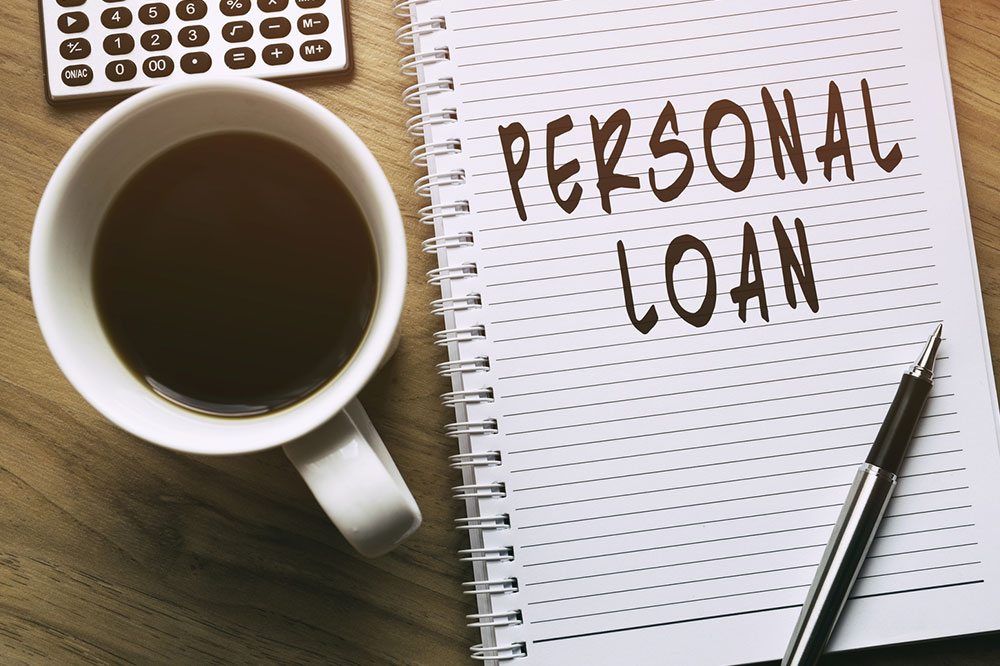
Understanding Personal Loans: An Essential Overview
Many individuals turn to personal loans to cover significant expenses in their lives. One key advantage is that these are typically unsecured, meaning no collateral is required to apply. The approval process is also swift, especially with modern digital banking services, often providing funds in less than 48 hours. Both banks and non-banking financial institutions offer these loans, making them accessible to many. This flexibility makes personal loans a popular choice for various financial needs.
What Exactly Is a Personal Loan?
A personal loan is an unsecured borrowing offered by lenders after evaluating factors such as your income, employment history, credit score, and repayment capability. It is a versatile financial tool that can be used for many purposes without specific restrictions.
This type of loan serves multiple purposes and is often considered a consumer loan, accessible for urgent financial needs.
When Should You Consider a Personal Loan?
Personal loans can be a viable option in various scenarios, such as purchasing a vehicle, funding education, or covering medical bills. Unlike auto or mortgage loans, which are secured by collateral, personal loans are unsecured. Banks may inquire about your reason for borrowing, but as long as the purpose is legal and responsible, you can use the funds as you wish. For instance, many take personal loans to consolidate debt, finance big purchases, or cover significant life events like weddings.
Since no collateral is needed, personal loans tend to have higher interest rates compared to secured loans. However, secured personal loans are available for those seeking lower rates, where assets are used as collateral. Below are common circumstances to consider a personal loan:
Debt consolidation: Combine multiple credit card balances into a single, lower-interest loan, easing repayment and improving credit utilization.
Refinancing student loans: Lower your interest rate and pay off student debt faster, but be aware of potential tax implications and the loss of benefits like deferment.
Major purchases: Finance significant buys such as appliances, furniture, or electronics without high-rate credit card fees.
Funding events: Cover costs for weddings or other large celebrations, often at lower interest rates than credit cards.
Credit building: Enhance your credit profile by diversifying your credit mix and demonstrating timely repayment, which can boost your credit score over time.
Careful consideration and consultation with financial advisors are recommended before opting for a personal loan to ensure it aligns with your financial goals.
Important Questions to Ask Your Lender
Which type of personal loan suits my needs? Explore options like travel, wedding, or renovation loans based on your specific purpose.
What will be my total cost? Understand the Annual Percentage Rate (APR), which typically ranges from 11% to 22%, depending on your credit profile.
Are there processing fees? Fees can vary from 0.5% to 5%. Negotiating these costs with your lender might reduce your expenses.
Are there other charges? Clarify potential costs such as late fees, legal expenses, prepayment penalties, or documentation charges.
What is the expected loan amount? Confirm the exact funds you will receive after fees are deducted.
How long for approval? Most personal loans are approved swiftly, sometimes within a day, but processing times may vary.
When will funds be disbursed? Typically within 3-5 business days; confirm with your lender for precise timings.
Required Documents for Applying
Application form: Complete the lender’s official loan application.
Identity proof: Submit documents like a passport, driver’s license, birth certificate, or state ID to verify your identity.
Address proof: Provide utility bills, rental agreements, or voter registration cards to confirm your residence.
Income verification: Include recent pay stubs, bank statements, or tax returns (W2s, 1099s) to demonstrate your income stability.



